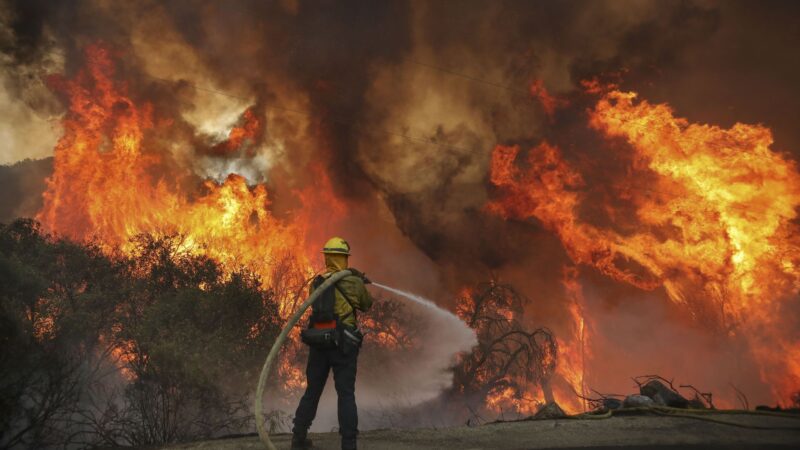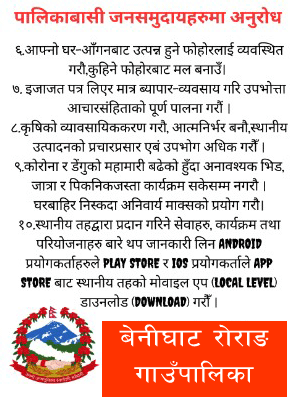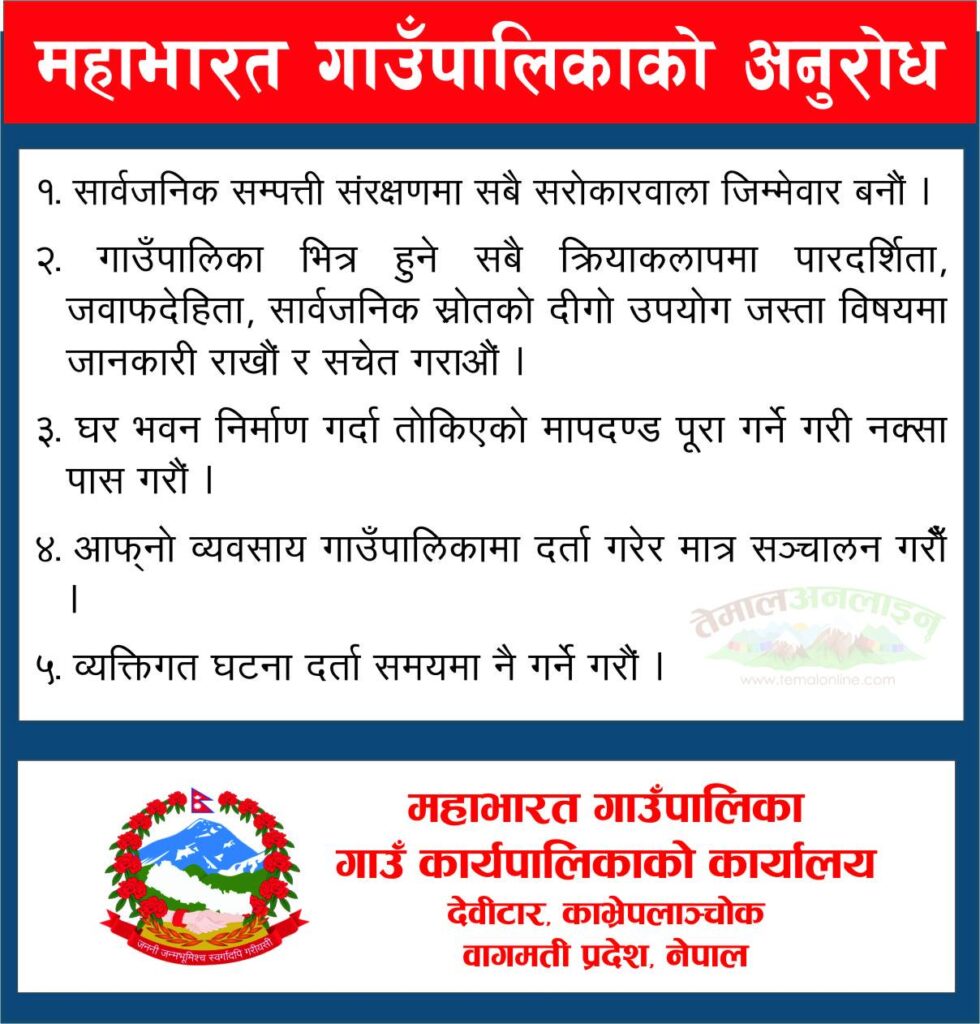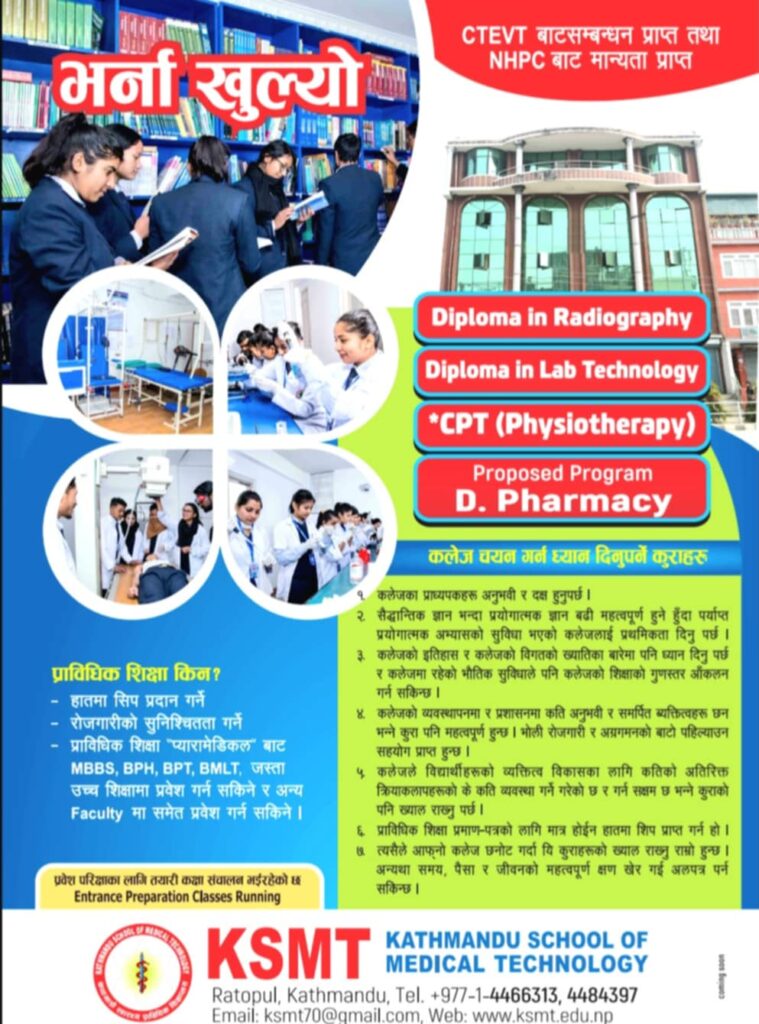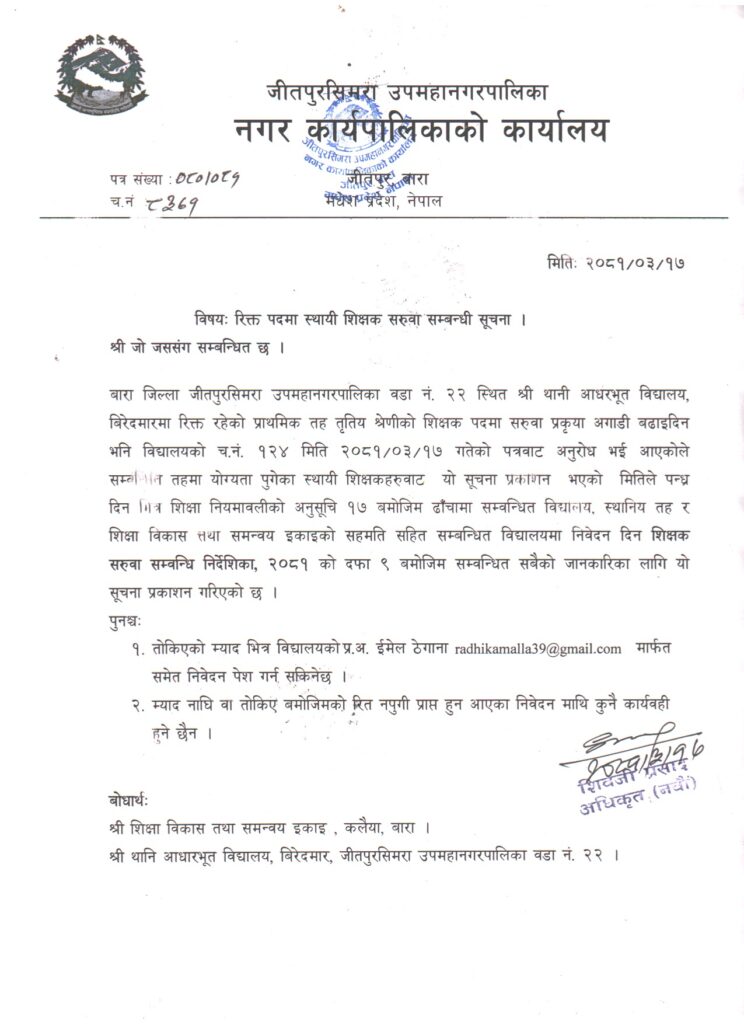
We need a collective commitment to give hope to the people living in the LDCs : Pm Prachanda
Statement by the Chair of the Global Coordination Bureau of the Least Developed Countries Rt. Hon. Pushpa Kamal Dahal ‘Prachanda’, Prime Minister of Nepal, at the Opening Session of the Food Systems Summit + 2 Stocktaking Moment
Rome, Italy, 24 July 2023
Excellencies the Heads of State and Government,
Secretary-General of the United Nations His Excellency Mr. Antonio Guterres
Director-General of FAO Dr. Qu Dongyu
Distinguished Delegates.
I feel honoured to address the opening session of this Summit as the Chair of the Global Coordination Bureau of the Least Developed Countries.
I thank the Prime Minister of Italy, UN Secretary-General, and the UN System in Rome for bringing us together for the cause of healthier, equitable, and resilient food systems.
Excellencies,
Through the agenda 2030, we envisioned a world where food is sufficient, safe, affordable, and nutritious and we are able to end hunger, achieve food security, improve nutrition and promote sustainable agriculture.
We also committed ourselves to double the agricultural productivity, ensure sustainable food production systems, implement resilient agricultural practices that help maintain ecosystems, strengthen capacity for adaptation to climate change and other disasters, and to increase investment in agriculture in the least developed countries.
Perhaps this is a right time for us to take stock of the progress and shortfall and clear our path for more robust implementation.
The food insecurity is fueled by extreme weather events, economic shocks, and a variety of threats to human, animal, and crop health. The impact of the COVID-19 pandemic on livelihoods, incomes, and food prices has been devastating.
The LDCs continue to be the hotspots of food insecurity. According to the FAO, over 251 million people in the LDCs suffer from severe food insecurity with some experiencing over 50% chronic under-nourishment. Surging food inflation threatens destabilizing societies.
We are the countries where the needs are higher, but the capacities are limited.
Our agri-food systems operate under a perpetual cloud of risk and uncertainty. We must no longer ignore this escalating food insecurity and nutritional crisis.
We need a collective commitment to give hope to the people living in the LDCs.
This calls for scaled-up investment in transforming our food systems, adapting to climate change, and building resilience of the LDCs.
Now, more than ever, we need to band together and focus our energy on bolstering our emergency response capabilities.
To minimize risks, we need to increase investment in early warning systems that can help identify areas where food insecurity is likely to escalate.
Coping with risks, on the other hand, requires us to establish well-targeted social protection measures to support the most vulnerable.
This includes implementing cash transfers and food-for-work programs, as well as prioritizing investments in the most vulnerable communities.
Our ability to take the right interventions demands accurate and up-to-date data and information.
Building resilience and increasing productivity in the face of climate change calls for ensuring small holding farmers access to technology, fertilizers, markets, crop diversification, finance, and resilient infrastructure.
We must ensure that the most vulnerable people are safeguarded from the threats of food insecurity, malnutrition, and associated health implications.
We thank the UN Secretary-General, FAO and WFP for their leadership to leverage collective action on food security, food system transformation, and to address food insecurity in the LDCs.
The Doha Programme of Action envisions a food stock-holding system for LDCs to channel this vital aid to the poorest and most vulnerable. We commend the Office of the High Representative for the LDC, LLDCs and SIDS for leading this initiative.
I urge multilateral development banks, international financial institutions, and our development partners to step up their support for this critical initiative.
We have an opportunity to ensure a world free from the anguish of hunger and malnutrition.
Let us realize it and act now.
Thank you.


